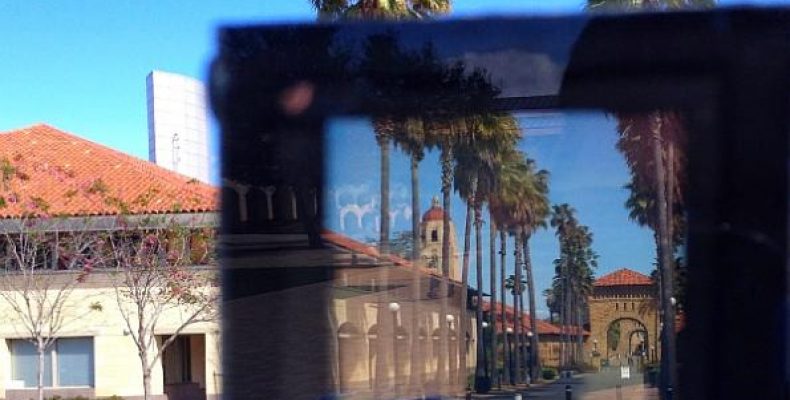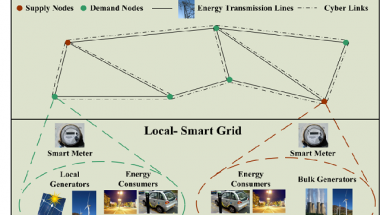Blog

Stanford Engineers Create Smart Windows
Smart Windows Arrived. They will save up to 20% energy
In every house it is a situation we know well: during the summer we try to avoid at all costs that the sun enters through the windows and fullfills our home, but during the winter the heat of the star king is revered and we do everything possible to make it stay in the home. Well, let’s imagine a Smart Windows that automatically and intelligently manages every circumstance, allowing not only a considerable energy saving and keeping the interior temperature stable, but also collecting solar energy and making the system work without any wiring or installation. A team of researchers from Standford University who has presented their study recently has achieved this milestone Smart Windows.
The team, led by tech geek Michael McGehee, has succeeded in creating a new smart window technology that has characteristic that can change from transparent to opaque in just few minutes. The Smart Windows are transparent and feed on motility of a copper solution over a plane of indium tin oxide adapted with platinum nanoparticles. When pellucid, the Smart Windows is distinct and permits about 80 percent of circumferent natural light to get pass through. While during dark, the transmittance of light drib to beneath 5 percent. Smart Windows just takes approximately 30 seconds to alter from transparent to dark or contrariwise. The accusative is plain: that the thin film to let or not to pass the solar light according to the necessity of the moment, arriving at an opacity of 80%.
A group of Stanford University engineers, led by Michael McGehee, has developed smart windows that can change from transparent to opaque or transparent to less than a minute and will not degrade over time.
Basically they are conductive glass plates with metal ions that, in response to an electric current, extend on the surface, blocking the light. The study has been published in the journal Joule, specializing in energy research and green technology.
These types of Smart Windows have the potential to transform our homes, businesses, automobiles, reducing heating and cooling costs or the need for shades. Although this type of technology is already on sale, these materials tend to be expensive, can take more than 20 minutes to fade, and become less opaque over time.
“We did not change what was there,” McGehee explains in a statement, “what we did was develop a completely different solution.” At times we thought, “how could we have done something that works so well, so quickly,” and we are now using this Smart Windows technology to expand cover different sectors. ”
When they are transparent, the Smart Windows are clear and allow about 80 percent of natural light to pass, but when it gets dark, only 5 percent passes. The researchers repeated the cycle more than 5,000 times and did not detect any changes in the properties of the material. However, there is still work to be done before increasing production.
“We are thrilled that Smart Windows technology has the potential to optimize lighting in rooms or vehicles, save 20% on heating and cooling costs, and even change the way people wear sunglasses,” McGehee concludes.



